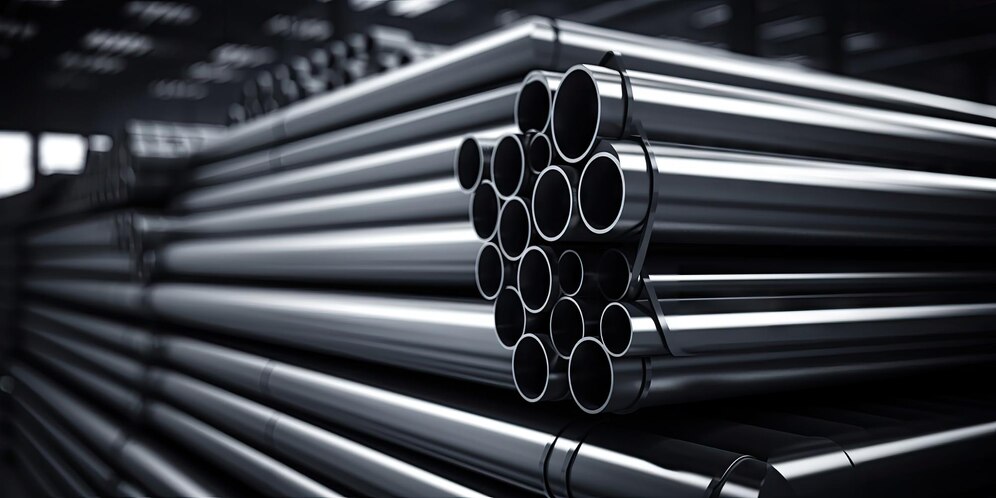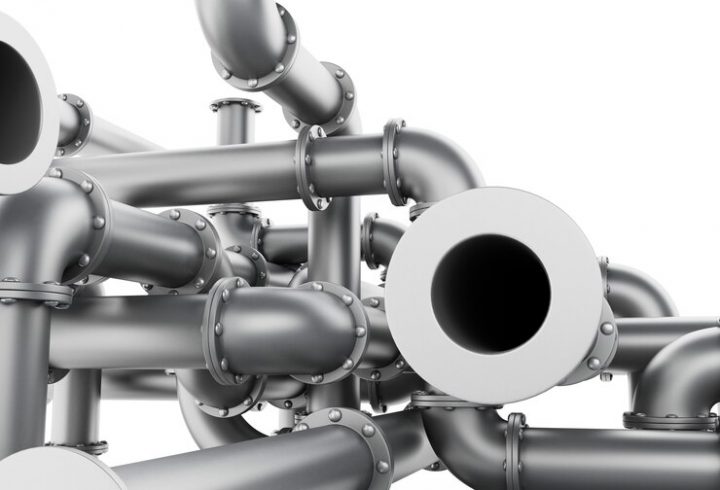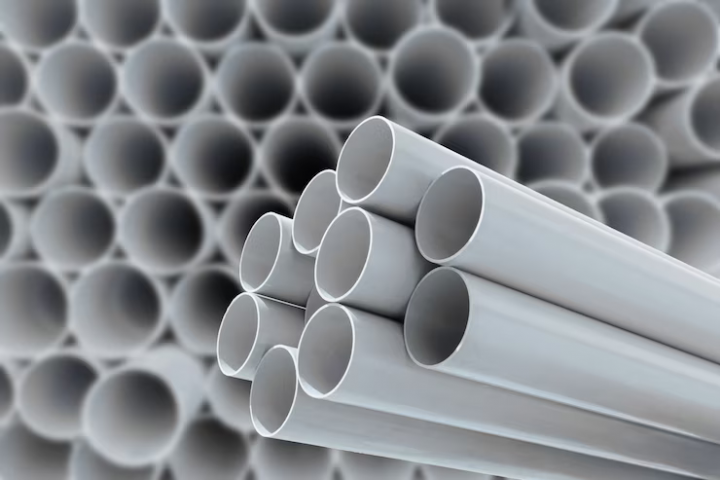In the world of metallurgy, few materials boast the versatility and strength of titanium. This remarkable metal has found its way into an array of industries, from aerospace engineering to medical devices, thanks to its exceptional properties. Among its many forms, titanium tubes stand out as crucial components in various applications, offering durability, corrosion resistance, and lightweight construction. In this comprehensive overview, we’ll delve into the diverse types of titanium tubes available, their unique characteristics, and the industries that rely on them.
Understanding Titanium Tubes
Titanium tubes are cylindrical structures crafted from titanium alloys, renowned for their superior strength-to-weight ratio and resistance to corrosion. These tubes come in a variety of sizes, wall thicknesses, and configurations to accommodate diverse industrial requirements. From seamless tubes used in critical aerospace components to welded tubes employed in chemical processing equipment, titanium tubes play a vital role in countless applications.
Types of Titanium Tubes
1. Seamless Titanium Tubes: Seamless titanium tubes are manufactured through a process that involves extruding or piercing solid titanium billets to create seamless cylinders. This method ensures uniformity and integrity throughout the tube, making it ideal for high-pressure applications such as hydraulic systems, aircraft components, and heat exchangers.
2. Welded Titanium Tubes: Welded titanium tubes are fabricated by joining together titanium sheets or strips through various welding techniques, including TIG (Tungsten Inert Gas) welding and laser welding. While not as strong as seamless tubes, welded tubes are more cost-effective and suitable for applications where high precision and structural integrity are not critical, such as exhaust systems and architectural structures.
3. Drawn Over Mandrel (DOM) Titanium Tubes: DOM titanium tubes are created by drawing a seamless titanium tube through a mandrel to achieve the desired dimensions and surface finish. This process enhances the tube’s mechanical properties and dimensional accuracy, making them suitable for precision applications in the automotive, aerospace, and medical industries.
4. Precision Titanium Tubes: Precision titanium tubes are manufactured using advanced machining and finishing techniques to achieve tight tolerances and smooth surface finishes. These tubes are commonly employed in critical applications where dimensional accuracy and reliability are paramount, such as surgical instruments, semiconductor equipment, and optical devices.
Characteristics of Titanium Tubes
-Corrosion Resistance: One of titanium’s most remarkable properties is its exceptional corrosion resistance, even in harsh environments such as seawater and chemical processing facilities. Titanium tubes offer long-term durability and reliability in corrosive environments where other metals would quickly degrade.
-High Strength-to-Weight Ratio: Titanium is renowned for its impressive strength-to-weight ratio, making titanium tubes lightweight yet incredibly strong. This characteristic makes them ideal for applications where weight reduction is critical, such as aerospace structures and sporting equipment.
-Biocompatibility: Titanium is biocompatible, meaning it is non-toxic and compatible with the human body. This property makes titanium tubes invaluable in medical devices and implants, where biocompatibility is essential to ensure patient safety and compatibility with bodily tissues.
-High-Temperature Resistance: Titanium exhibits excellent heat resistance, allowing titanium tubes to maintain their structural integrity and mechanical properties at elevated temperatures. This makes them suitable for use in high-temperature applications such as heat exchangers and exhaust systems.
Applications of Titanium Tubes
-Aerospace Industry: Titanium tubes are widely used in aircraft structures, engine components, and hydraulic systems due to their lightweight construction, high strength, and corrosion resistance. They contribute to fuel efficiency and performance while withstanding the rigors of flight operations.
-Medical Devices: Titanium tubes find extensive use in medical implants, surgical instruments, and dental equipment owing to their biocompatibility, corrosion resistance, and excellent fatigue strength. They offer superior performance and longevity in implantable devices such as bone screws, dental implants, and joint replacements.
-Chemical Processing: Titanium tubes are utilized in chemical processing equipment, including heat exchangers, reactors, and piping systems, where corrosion resistance and durability are paramount. They withstand corrosive chemicals and high temperatures, ensuring safe and efficient operation in chemical plants and refineries.
-Marine Applications: Titanium tubes are employed in marine applications such as shipbuilding, offshore structures, and desalination plants due to their resistance to seawater corrosion. They provide long-term reliability and performance in marine environments where other metals would deteriorate rapidly.
Conclusion
Titanium tubes stand as pillars of strength, durability, and corrosion resistance, shaping industries from aerospace to medicine with their unparalleled properties. Understanding the diverse types of titanium tubes available, along with their characteristics and applications, is crucial for leveraging the full potential of this remarkable material. Whether facilitating flight in the aerospace sector or revolutionizing medical treatments, titanium tubes play a pivotal role in advancing technology and innovation.
For those seeking high-quality titanium tubes from trusted manufacturers and suppliers, Enggpro provides a comprehensive platform to streamline the sourcing process. With a diverse network of industry-leading providers, Enggpro connects businesses with top-quality titanium tubes tailored to their specific requirements. Explore Enggpro today and embark on your journey towards harnessing the strength and versatility of titanium.



